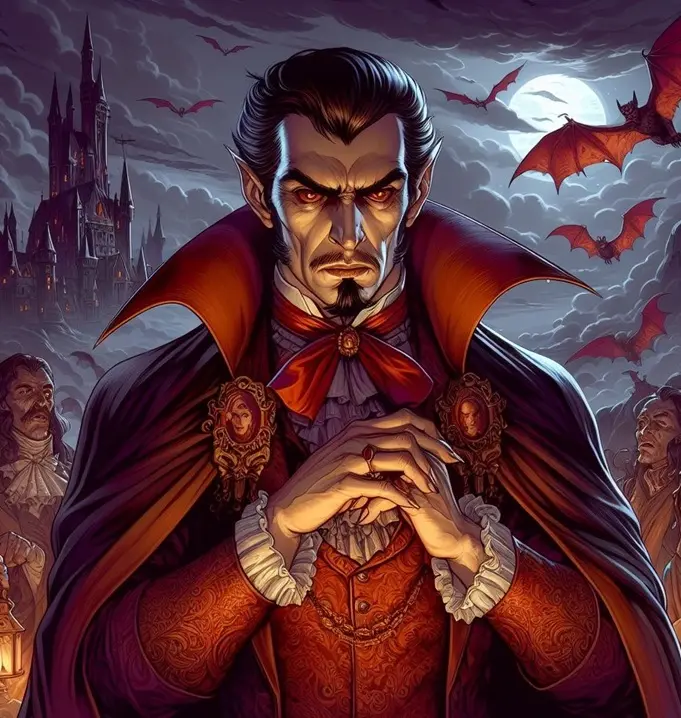Book of the Month: Jane Austen’s “Pride and Prejudice”
This month’s book (and first – yay!) feature is none other than Jane Austen’s celebrated work, Pride and Prejudice. For those navigating the thoroughfares of classic literature, Austen’s novel remains a beacon that illuminates the persistent entanglement of class, love, and societal expectation. Even if you’ve dipped into the cultural reservoir through film adaptations or second-hand summaries, the delight resides in Austen’s own words, in the structural elegance and insightful observations scattered throughout the pages.
Let’s start with our protagonist, Elizabeth Bennet. Some argue that Mr. Fitzwilliam Darcy shares the spotlight, but the story truly pivots around Elizabeth. The narrative sets sail with the infamous assertion that a single man in possession of a good fortune must be in want of a wife—a statement laden with irony and social commentary, reflective of Austen’s narrative style. Despite the seeming straightforwardness of a romantic plot, Austen embeds a sharp critique of the marriage market and the limited roles available to women during the Regency era.
Austen, through her portrayal of Elizabeth and her interaction with Darcy, delves into the themes of independence versus societal pressures, and the balance between personal integrity and social mobility. For Elizabeth, the journey is not merely about finding love but navigating her values in a world where marital connections often dictate the quality of life for women. Her initial dismissal of Darcy’s proposal exemplifies a profound assertion of self-worth beyond societal expectations—an act of defiance that reverberates as a feminist statement, highlighting her ability to challenge societal norms.
While the romantic evolution between Darcy and Elizabeth captivates the heart, it’s the wit and sarcasm, the dance of dialogue and the subtleties of class critique that enchant the mind. Austen’s pen carries a sharpness that cuts through the romance to expose the economic and gender dynamics of her time. This complexity woven into seemingly simple social interactions makes Pride and Prejudice a fertile landscape for analysis, far beyond its romantic surface.
Furthermore, Austen herself emerges as a fascinating figure through this work. Never marrying, retracting from a proposal herself, she injects into her narrative an authenticity and perhaps, a hint of personal rebellion. Her life choices and bold authorial voice speculate a nuanced advocacy for women’s independence, an unusual stance in the constraints of her time which adds layers of depth to her characters and plotlines.
The literary journey does not merely end with understanding Elizabeth and Darcy or appreciating the technical prowess of Austen. The novel demands recognition of its irony—the stated truths that are anything but, and the societal critiques embedded within personal victories and losses. Each character, from Mr. Collins and his obsequiousness to Lydia’s reckless abandon, serves to illustrate the broader social dynamics at play, making the narrative not just a story of personal triumph but a reflective mirror to the society of the time.
Moreover, it’s crucial to reflect on the novel’s reception and adaptations. The text has transcended its period and morphed through various forms, resonating with audiences across generations. Modern retellings and adaptations have continued to shape how we perceive and interpret Austen’s original work, each adding layers of contemporary thought and contextual relevance, making Elizabeth and Darcy’s story perpetually fresh and pertinent.
Yet, in consuming Pride and Prejudice, one should tread lightly on dismissing its depths for mere romance. The strategic matrimonial maneuvers, the crisp social dialogue, and the layered narrative structure offer a rich exploration of Regency society wrapped in the veneer of courtship and manners. Austen’s work is a study of contradiction and complexity, deserving a meticulous and thoughtful reading.
In every regard, Pride and Prejudice stands as more than a mere artifact of romantic literature; it is a study of human nature and social dynamics. As you turn each page, let the characters speak not just of their era but of universal themes that continue to echo in today’s dialogues about love, power, and society. This month, I invite you to revisit or explore for the first time, this novel not just as a reader, but as a critic, a historian, and an observer of human tendencies, all penned with the exquisite subtlety and sharpness that only Austen can deliver.
SUBSCRIBE BELOW AND GET THIS NOVEL ALONG WITH DRACULA FOR FREE – INSTANTLY!
Subscribe to our newsletter and get two free novels!



